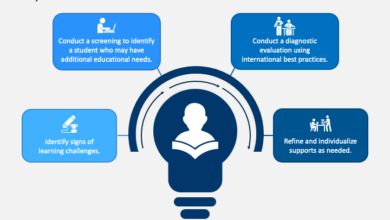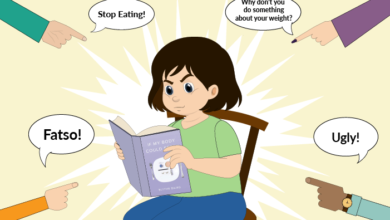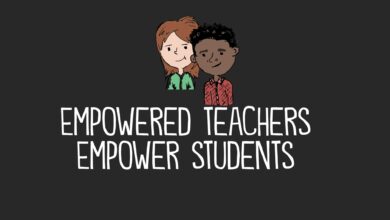Empathy – a much needed skill in today’s times

Simply put, empathy is the ability to see things from another person’s point of view. It is the ability to share the feelings and emotions of others and to understand why they have those feelings. Empathy is important in almost every area of daily life. It allows us to care for others, build relationships with friends, loved ones, colleagues and strangers, and make a huge positive impact on the world. Healthy relationships require nurturing, caring and understanding. Friendships and relationships that lack empathy and understanding quickly become boring.
When people think only of their own best interests, other people in relationships suffer. If one of the married spouses refrains from seeing things from the other’s point of view, they may have marital problems. No two girlfriends have the same experience. Both people in a relationship bring their own ideas, life experiences, and struggles. People in relationships can feel unloved and neglected if they don’t take the time to incorporate each other’s feelings and perspectives.
For many people, the workplace is a place of teamwork. Taking the time to engage with your co-workers is very important if you need to work collaboratively. Getting along with your colleagues is important, even if you’re not working on a specific project. Using empathy is an essential part of smooth working relationships Without them, it is easy to fall into quarrels and disagreements. Empathy is also very important in management.
A boss who lacks empathy can expose employees to unfair practices. Managers without empathy can push employees to work beyond what is healthy and appropriate, or be overly harsh when employees make mistakes. One of the most effective ways to teach someone empathy is to train them as children. Empathy is part of parenting known as “emotional intelligence”.
Teaching children to consider how others are feeling is a great way to help them develop empathy. It can be helpful to ask your child what he thinks he did. You can ask how they would feel if someone treated them that way. Do they want to be teased or hurt? Do you feel sad or angry when someone treats you badly? This line of thinking can also be used for positive things. For example, sharing is an important part of raising young children. Children are often taught to share because they like to share with others. Children want to be treated kindly, so it’s easy to teach them to be kind to others.












